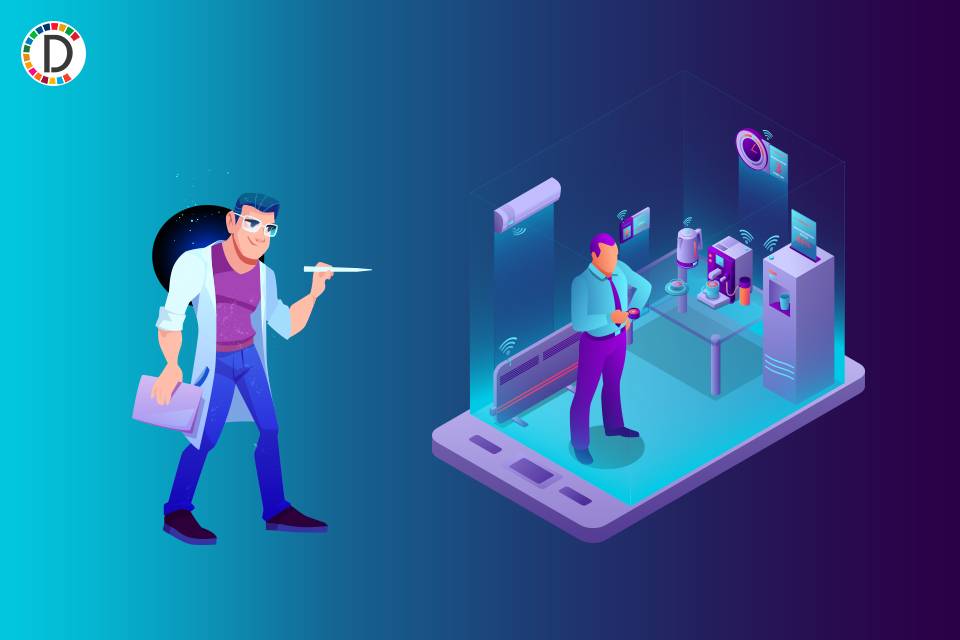17-Year-Old Indian STEM Cell Recipient Finds His "Miracle Match"
The likelihood of a man from Russia to be a genetic match for a boy from India for bone marrow transplant is almost none, said Dr Sunil Bhat of Narayana Group of Hospitals.And yet, 17-year-old Thalassemia patient, Chirag found his saviour in a 29-year-old Russian, Roman Simnizki, who had relocated to Stuttgart, Germany from Siberia in 2005.Blood stem cell donation is still in its infancy in India, with just over a lakh donors.

- Country:
- India
The likelihood of a man from Russia to be a genetic match for a boy from India for bone marrow transplant is almost none, said Dr Sunil Bhat of Narayana Group of Hospitals.
And yet, 17-year-old Thalassemia patient, Chirag found his saviour in a 29-year-old Russian, Roman Simnizki, who had relocated to Stuttgart, Germany from Siberia in 2005.
''Blood stem cell donation is still in its infancy in India, with just over a lakh donors. For Indian Thalassemia patients, the chances of finding a match range from 5 to 10 per cent. What happened in Chirag's case is almost a miracle,'' said Dr Bhat, director and clinical lead, paediatric haematology, oncology and blood and marrow transplantation, Narayana Group of Hospitals, during a press conference on Thursday (May 8, observed as World Thalassemia Day). The event was organised by DKMS, an international organisation dedicated to raising awareness about stem cell transplantation and registering potential donors, in partnership with Bangalore Medical Services Trust (BMST), an NGO in India. Chirag and Simnizki met for the first time during this event – the transplantation took place in 2016. ''Meeting Roman was a surreal experience,'' said Chirag. ''Roman didn't just donate stem cells, he gave me a future,'' he added, expressing his gratitude towards Simnizki. Simnizki shared that his decision to enroll as a donor happened almost by chance. ''I usually donate blood and was approached for stem cell donation during one such instance. I thought, why not? Later, I was informed that I found my match in India, an extremely rare medical occurrence,'' said Simnizki. Nitin Agarwal, head of donor request management at DKMS-BMST Foundation India, mentioned that unrelated donor details are usually kept anonymous. ''We just wanted to motivate donors by telling the incredible story of Chirag and Roman,'' he added. According to Agarwal, India sees 10,000 to 30,000 new Thalassemia patients every year. ''The donor base offers good choices for Caucasians, but for Indians, it's still a struggle as finding a donor depends on ethnicity. Also, 75 per cent of the registered donors ultimately decide against donating, mostly due to misconceptions surrounding stem cell donation. So, we still have a long way to go,'' added Agarwal.
Dr S H Subba Rao, a paediatrician at Manipal Hospital, said India has already come a long way, recalling a time when Thalassemia patients struggled to get blood for transfusions. ''There was a time when the only intervention available to them was blood transfusion, which they require every three weeks,'' said Dr Rao.
According to Dr Rao, frequent transfusions resulted in heavy iron overload and subsequent damage of organs, cutting short the lifespan of Thalassemia patients.
''Later, there were a whole bunch of medicines made available to the patients to reduce iron load. But still, for a very long time, we were only able to provide a conducive environment for the patients. Bone marrow transplantation changed the game for them,'' he added.
Chirag said he felt like a completely new person after his transplantation. ''I feel normal, no more tired. I play and work like every other person,'' added Chirag, who wants to become an engineer like his father.
His father, Vikas, said, although he was informed about the match in 2013, he hesitated for three years because there were not many successful transplantations at that time.
''In three years, things really changed. I could talk to people who underwent the procedure and make an informed decision to go ahead with the transplantation,'' Vikas told PTI.
Dr Bhat agreed that technology has made the process a lot easier.
''Since there are no real risks in the procedure, there are also no additional legal requirements. It costs about Rs 20 lakh to Rs 25 lakh for the procedure in India, almost a fraction of what it costs outside India. So, the real need right now is to build up a base of donors to meet the demand from Thalassemia patients. It is such a simple decision for donors, but it completely changes the life of a beneficiary,'' added Dr Bhat.
As for Simnizki, a world champion kickboxer, it was a decision that he will never regret. ''There's no greater joy than knowing you've helped someone in need. Seeing Chirag healthy and full of life is the biggest reward,'' said Simnizki.
(This story has not been edited by Devdiscourse staff and is auto-generated from a syndicated feed.)
ALSO READ
Putin Embarks on Extended Term, Solidifying his Grip on Russian Power
Putin attends Easter service led by head of Russia's Orthodox Church
Easter Amidst War: Ukraine Celebrates Amidst Russian Attacks
Resilient Ukraine Observes Third Easter Amidst War, Facing Russian Drone Attacks and Ground Forces
Ukraine air force says it destroys 12 Russia-launched drones










